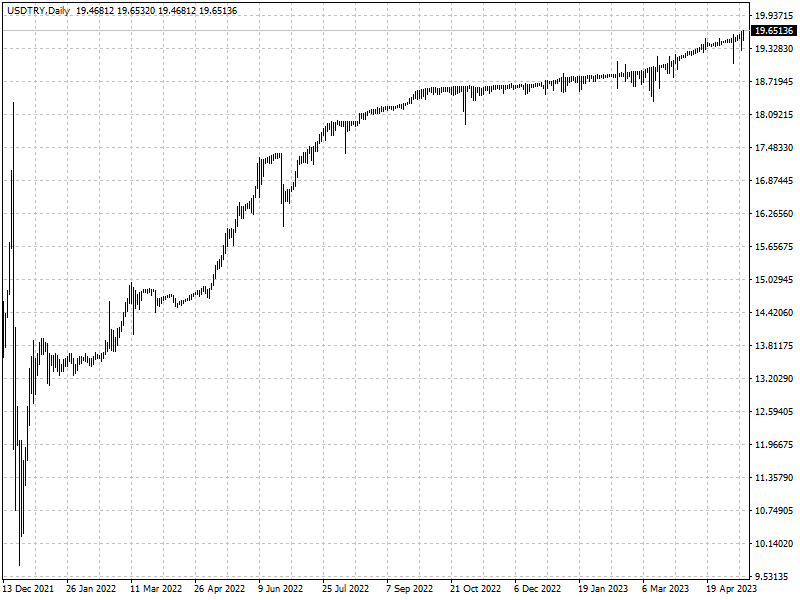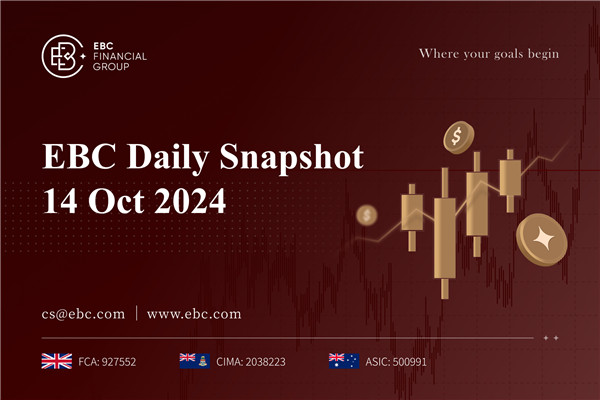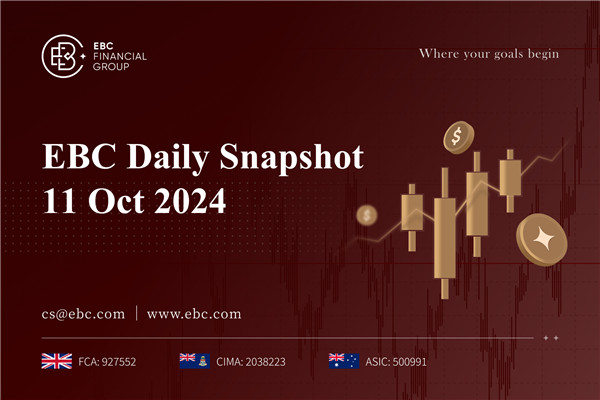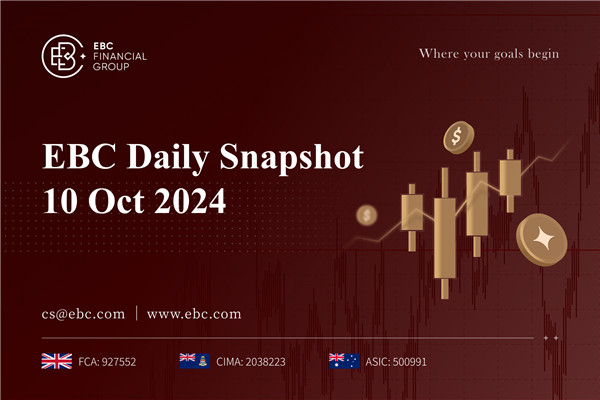Runoff election
Erdoğan faced his toughest campaign since 2002 as the vote could go to a
second round for the first time since Turkey switched to an executive presidency
in 2017.
Turkey’s leader Recep Tayyip Erdoğan and rival Kemal Kılıçdaroğlu were locked
in a tight battle for the presidency on Monday morning as the election count
suggested rising odds of an unprecedented second round.
Both candidates have claimed to be ahead in Sunday’s race but neither side
appeared to be in line to clinch the majority required. Erdoğan secured just
under 50 per cent of the vote, compared with 45 per cent for Kılıçdaroğlu.
according to Anadolu.

The lira slipped to a fresh two-month low of 19.70 as the race for presidency
appeared headed for a runoff. The vote will decide not only the foreign policy
of the country, but also its economic future.
Erdoğan framed himself as the only politician who could secure a prosperous
future for Turkey while Kılıçdaroğlu has vowed to revive Turkey’s ailing
economy.
Unorthodox mantra
The currency has lost almost 95% of its value over the last decade. Turkey’s
monetary policy prioritizes the pursuit of growth and export competition rather
than assuaging inflation.
Erdogan endorses the unconventional view that raising interest rates
increases inflation, rather than taming it. The president’s refusal to raise
rates played an instrumental role in the lira’s historic plummet.
He has publicly proclaimed that interest is ‘the mother and father of all
evil’ and linked the high interest rates necessary with the usury forbidden in
Islamic scripture.
The Turkish central bank’s independence has been eroded as Erdogan dismissed
several governors who failed to heed his pressure.
After enjoying nearly two decades of relatively stable economic growth,
Turkey has seen its economy come apart at the seams.
In order to fuel economic expansion, Turkey accepted high levels of foreign
currency-denominated debt. However, low currency reserves relative to that debt
made Turkey’s economy vulnerable to exchange-rate shocks.
Independent economists suggest that Turkey could slide into a
“devaluation-hyperinflation scenario” akin to Argentina or Venezuela.
More volatility
‘Should Erdogan win, which is our base case assumption, USD/TRY could move to
23.00,’ Wells Fargo’s Emerging Markets Economist and FX Strategist Brendan
McKenna wrote in an e-mail.
‘The lira is heavily overvalued as a result of intervention efforts, and
depending which way the election ends up going, the currency could move sharply
in either direction,’ he said.
JPMorgan forecast the lira could soften to levels of 24-25 to the dollar.
Goldman Sachs said in a note in recent days that its calculations showed the
market was pricing the lira to weaken by 50% in the next twelve months,
including a sharp devaluation post-election.
‘Ultimately the lack of confidence in investment will mean that the Turkish
Lira will probably be among the worst performing currencies in the world for
some time,’ noted Mike Harris, the founder of Cribstone Strategic Macro.
The lira’s strength would be short-lived even if the opposition emerges
victorious, according to a report by Commerzbank.
However, Wells Fargo’s McKenna anticipates a more optimistic long-term
outlook for the currency in a regime change scenario.







